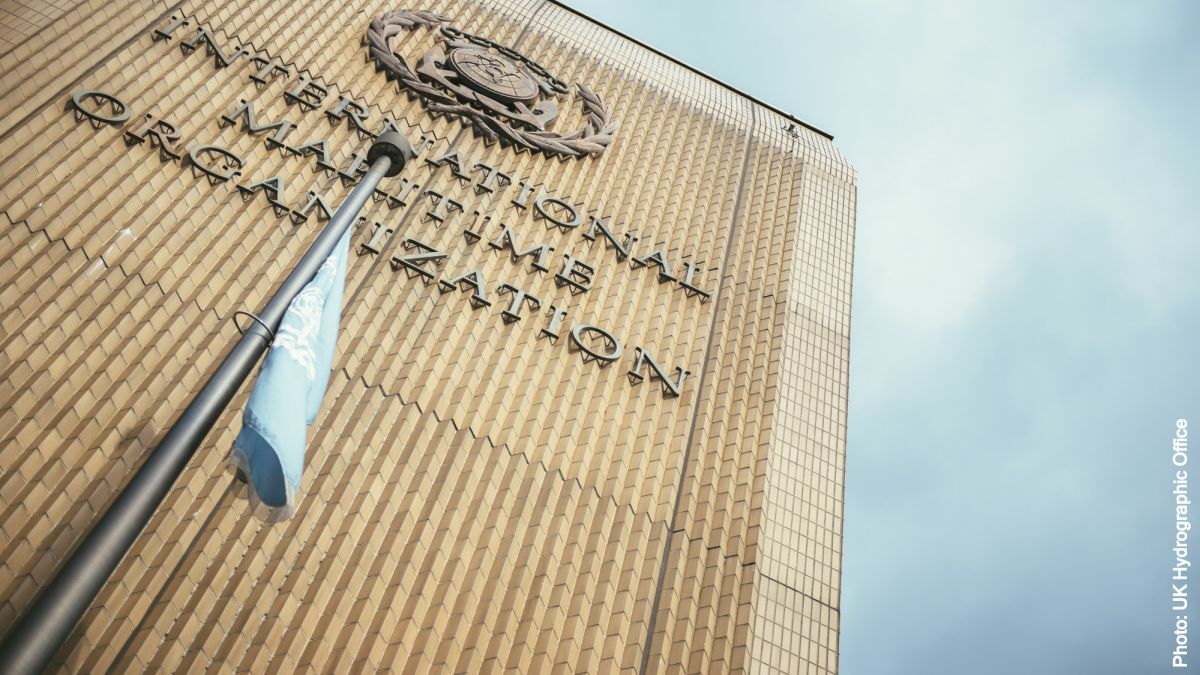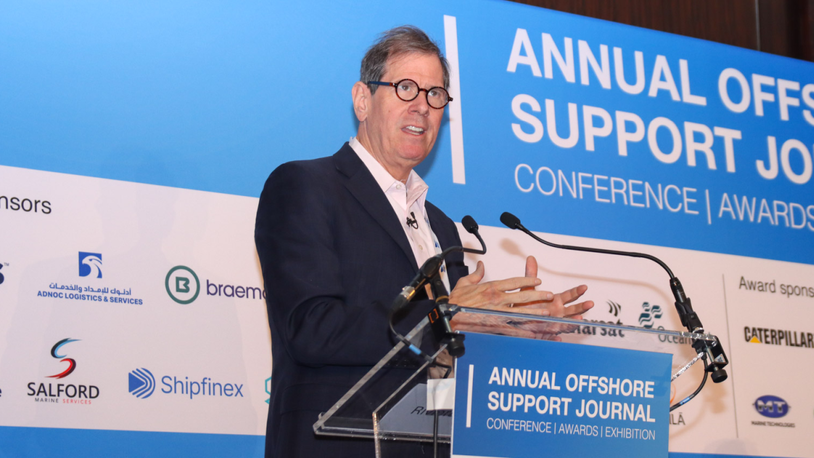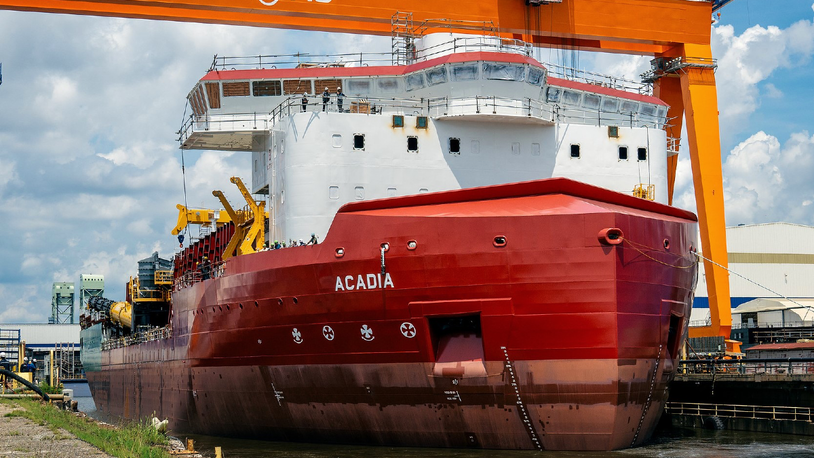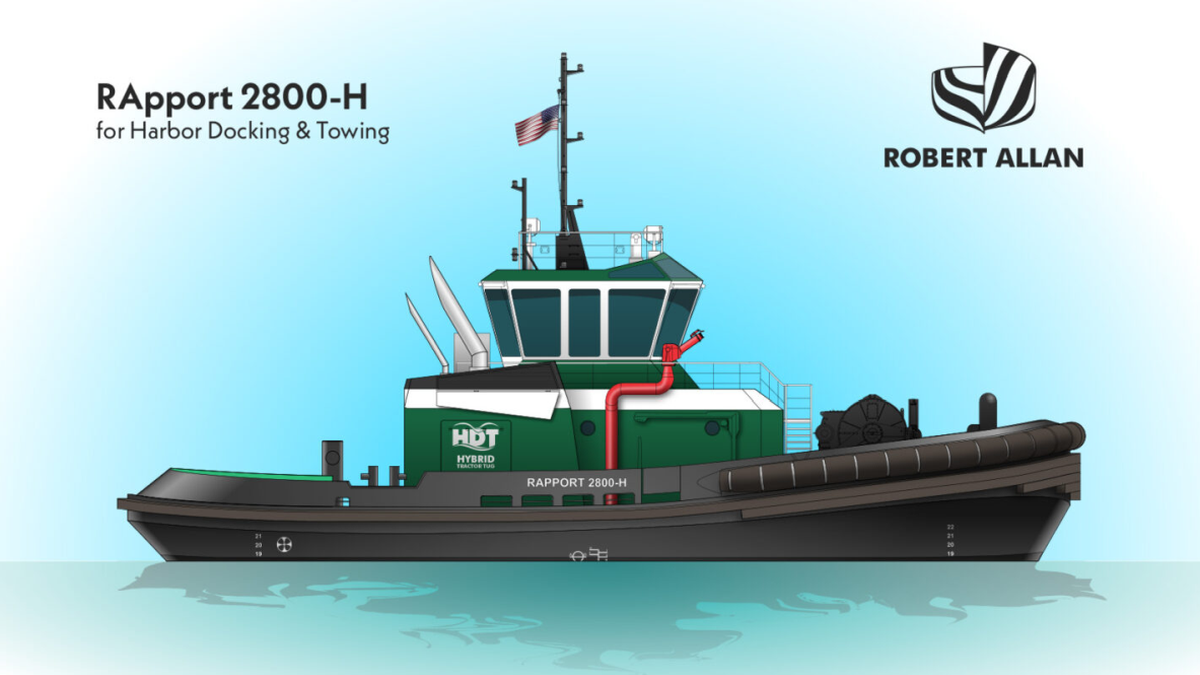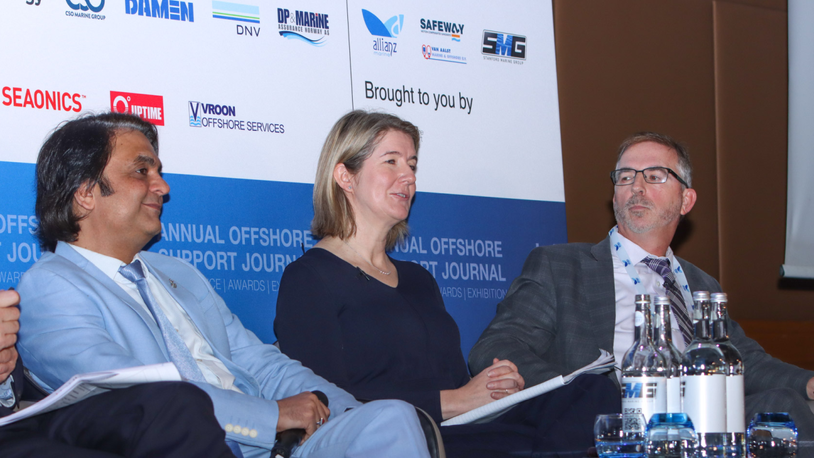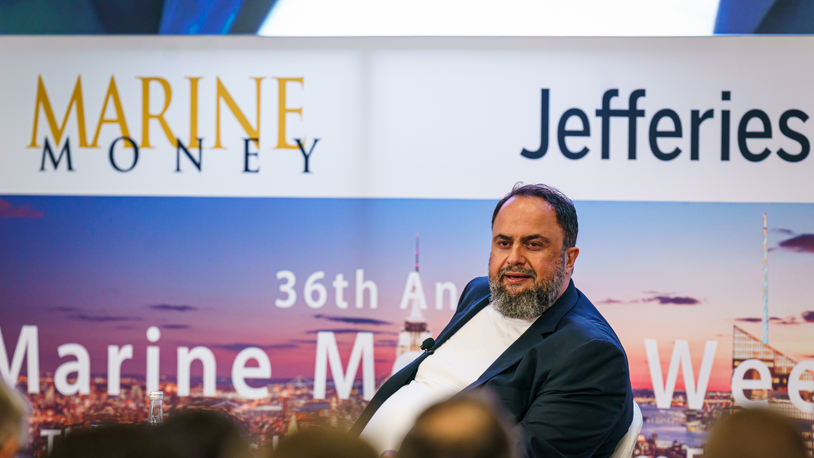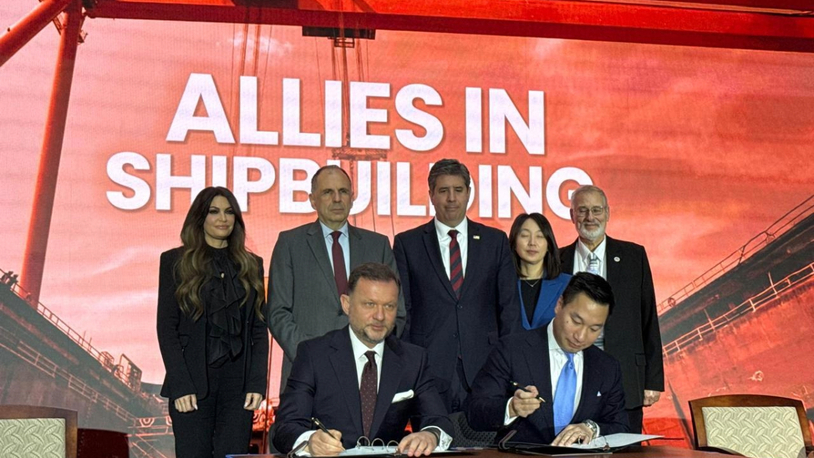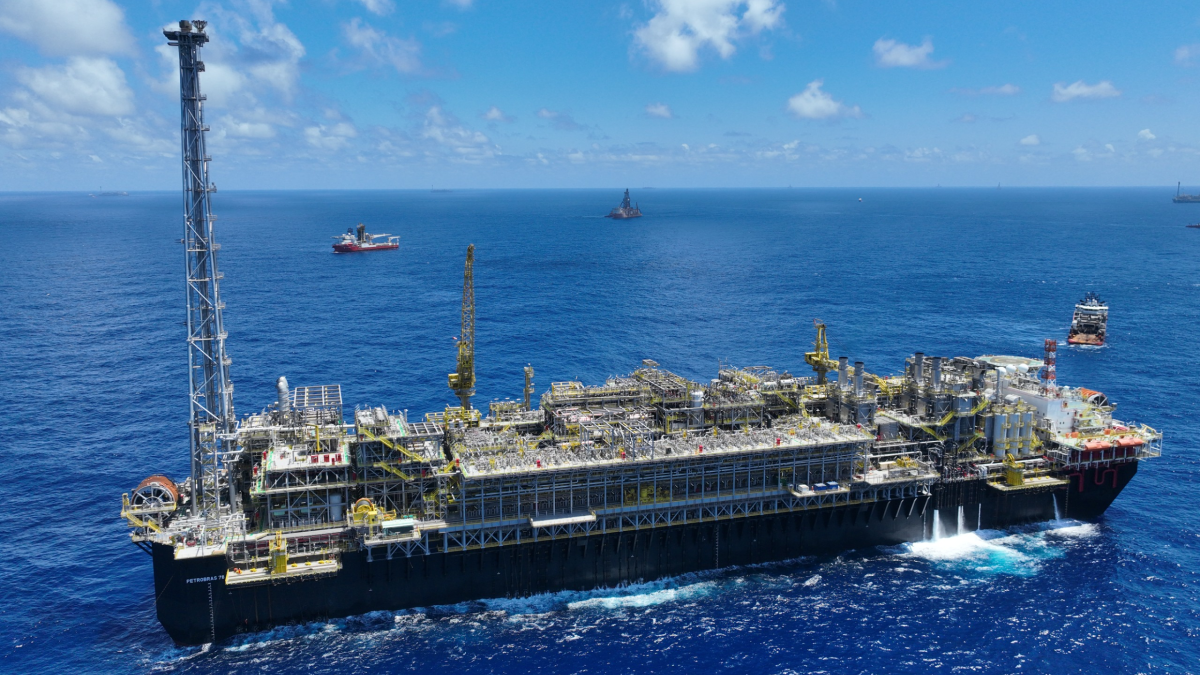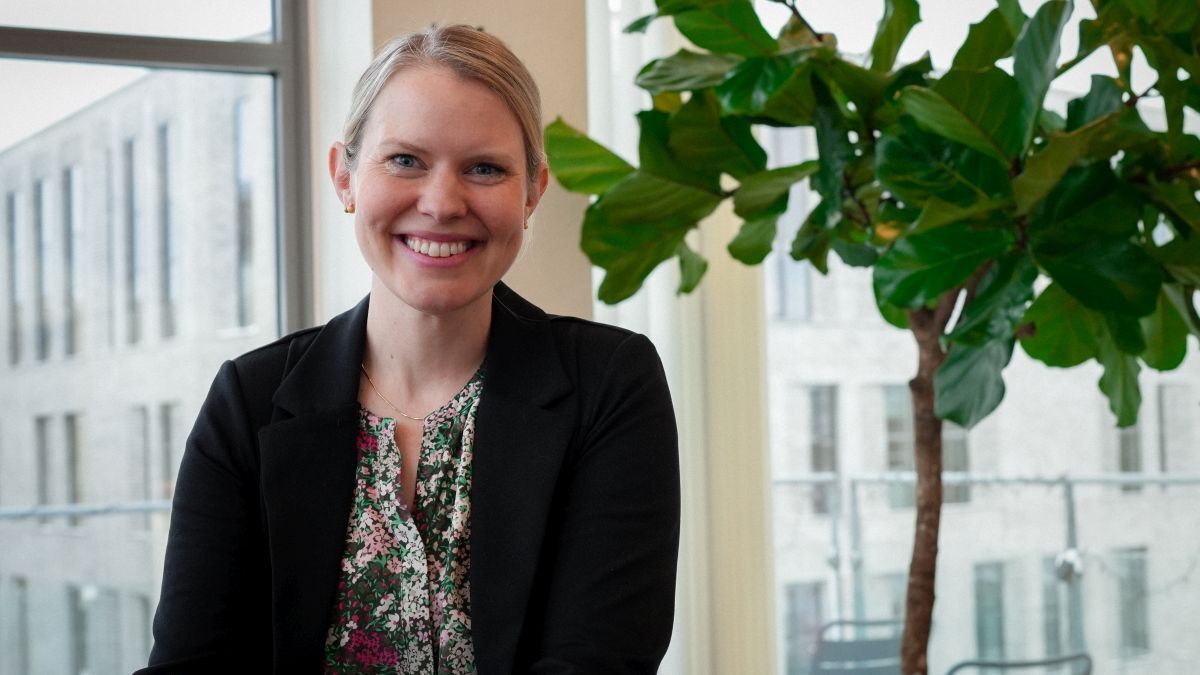Business Sectors
Events
Contents
Shipowning heavyweights join ranks to voice grievances over IMO's net-zero emissions policy
Large tanker and bulker shipowners including Bahri, Frontline, Stolt Tankers, Capital Group and a host of Greece-based companies have called for ’fundamental amendments’ to global regulations on greenhouse gas (GHG) emissions
Several high-profile shipowners have penned an open letter to voice what they have called ’grave concerns’ about the IMO Net Zero Framework (NZF).
The group said that the regulation is not fit for purpose as it is currently written and would not allow the industry to see through the emissions reduction promises it made in 2023.
"As it stands, we do not believe the IMO NZF will serve effectively in support of decarbonising the maritime industry as per the IMO 2023 strategy, nor ensure a level-playing field as intended," the group said. "As shipping entities serving the international shipping market, collectively representing more than 1,200 vessels and 150M DWT, we consider it critical to voice our grave concerns."
Addressing its letter to ’decision makers,’ the group listed first among its concerns the need for guaranteed incentives to shipowners from the regulations for improvements to vessels and fleet efficiency.
"Collectively, we have made substantial financial investments to improve the efficiency and carbon footprint of our existing fleets, in addition to ordering state-of-the-art vessels. It is crucial that we are incentivised in continuing to do so while ensuring safe, reliable, and competitive operations," the letter said.
In addition to funding streams that would incentivise investments in low-carbon fuels and technologies, the shipowners’ coalition took issue with what it views as a lack of ’comprehensive’ assessments of the impacts the regulation will have and what it felt would be ’appropriate’ checks on production of zero- or near-zero- (ZNZ) carbon fuels. The group pointed to prior IMO regulations as evidence of such checks, citing the IMO cap on sulphur in fuels, which came into force in 2020.
The shipowners then delved into the details of the regulation, rejecting the commonly-held idea that the regulations’ details could or would be revised following the adoption of the NZF framework to a degree the group felt would be palatable.
"These fundamental issues cannot be resolved by emerging guidelines post-adoption. We believe that critical amendments to the IMO NZF are needed, including the consideration of realistic trajectories, surplus and reward allocation in support of transition and SME (small and medium enterprises), with transparency on fund governance, before adoption can be considered," the shipowners said.
The group characterised the framework’s terms as an "abrupt switch" toward emerging technologies that have not been fully developed or vetted for safety and said that the framework does not address or contain a "realistic and sustainable transition period".
As with comments from classification societies, the shipowners also said the framework "neglected" to incentivise use of LNG and biofuels, which they called "transition fuels," predicting that the outcome would be for most of the industry to continue to burn conventional fossil-based fuels while paying the penalties associated with the carbon emitted in doing so.
"This will disproportionately burden small and medium-sized enterprises, especially those operating in the tramping segment," the statement said. "Overall, the IMO NZF will raise [on] the order of US$20-30Bn annually by 2030, and risks quickly accumulating above US$300Bn by 2035 if the global fleet lags targets by as little as 10%."
According to the group, "It is essential that the IMO NZF implements GHG measures... incentivising available transition options and providing the market with the right signals to enable decarbonisation of the maritime sector, avoiding excessive financial burdens and inflationary pressure to the end-consumer."
Co-signatories on the letter included: Bahri, Capital Group, TMS Group, Centrofin, Marine Trust, Trust Bulkers, Common Progress, Dynacom, Dynagas, Emarat Maritime, Frontline, Gaslog, Hanwha Shipping, Angelicoussis Group, Seapeak and Stolt Tankers.
Riviera’s Maritime Decarbonisation Conference, Europe will be held in Amsterdam Schiphol Airport, 30 September to 1 October 2025. Click here to register your interest in this industry-leading event.
Related to this Story
Events
Maritime Regulations Webinar Week
Floating energy: successfully unlocking stranded gas using FLNGs and FSRUs
© 2024 Riviera Maritime Media Ltd.

